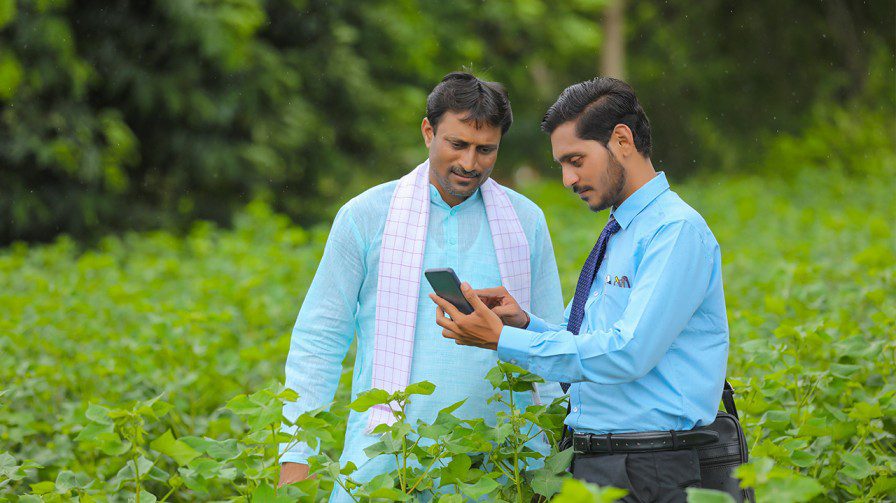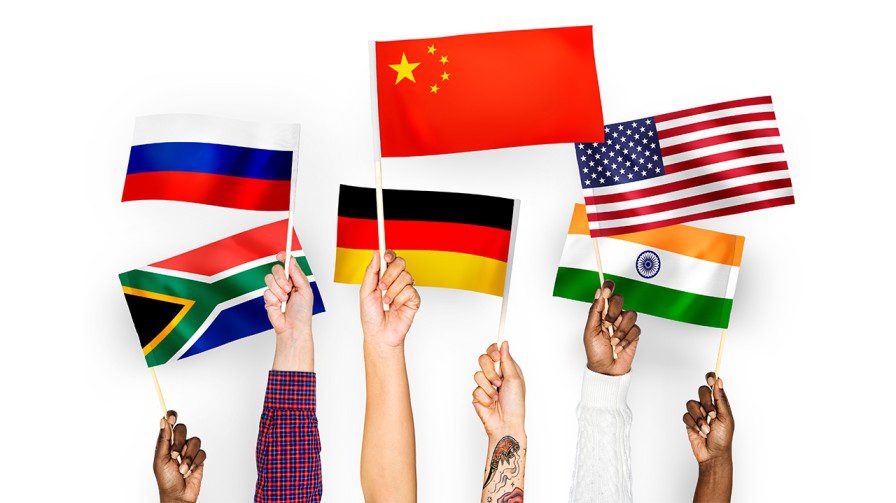Roadmap to a Global Career
Roadmap to a Global Career The current world presents numerous options for those who are technical wizards in their particular job field. Today what was a dream to work abroad, is possible for many young Indians. Yet, for a large number of people, not everyone knows how to turn their dreams into a successful global career. Here’s some steps to help you figure out where your career could be headed overseas; Step 1: Know Yourself Know your strengths, skills, and interests before applying. What sort of work would you find exciting? What countries are you drawn to, in terms of culture, professional attraction? Which self-evaluation is really important for a person. Step 2: Research the Market There are different demands for the countries. For instance, Germany is in urgent need of health care professionals, while Canada is looking for engineers and hospitality professionals. By learning about these trends, you can design your application for better reach and penetration. Step 3: Upgrade Your Skills If you need to differentiate in the job marketplace, think about what new skills, or certifications might make sense in your target industry. Knowledge of language, particularly in English or the Local language of the target country is a big plus. Step 4: Prepare your Application Develop an international standard CV. Get together all the required documents such as; Education certificates, Work experiences documents, and identification documents. Step 5: Know Your Visa and Legalities You have to apply for the visa with all the foreign visa rules of the country and should be ready with everything which is enforceable in the country. Know these rules inside and out to avoid being slowed or rejected. Step 6: Get Ready to Move Before you jet off to your new country, sit through a few orientation sessions that highlight key cultural differences, workplace norms, and local laws. Chat with people who have already made the leap; swap tips and stories so you know what to expect once you land. Step 7: Settle and Succeed Once you arrive, focus on blending in and making your new home feel, well, home. Hunt for a place to live, register with local authorities if that is required, and start building a support circle. Your success abroad depends not only on your skills but also on how quickly and gracefully you fit in with your new environment. Overseas Careers: Where Women Succeed Working overseas is a dream for all. The landscape of global employment has gone through remarkable change with time. It is no longer the men’s arena only. Women have been increasingly stepping into overseas careers breaking every barrier associated with gender. According to a survey done in 2024, women’s participation in the global market has reached 42.2% in 2024. This proves that there is a steady rise in societal progress and relentless drive of women worldwide. There are many countries that have experienced a surge in female workforce participation. There are some nations that stand out for their commitment to gender equality and supportive work environments. The 2025 Glass- Ceiling Index highlights that the best countries for working women are Sweden, France, Spain and Australia with their progressive policies. High rates of female labor participation and robust support for working families is observed. Why is the Surge so visible? There are several factors that can fuel the female participation in overseas career: The supportive policies– the policies which allow parental leave, flexible work hours, and anti discrimination laws allow more women to participate and work more effectively. Proper Educational Attainment- the area where more women attain higher education, experience competitive female candidates increasing their roles nationally and internationally. Changing Norms – societal norms and attitudes are bound to getting revised with upcoming generations and improved potentials of women. More families and communities are supportive of women’s aspirations and overseas careers. Digital Networking- With improved social participation and media platforms, various memberships programs helps women to access opportunities and guidance worldwideExpert Partnerships- with increase in the number of trustworthy hiring agencies and consultancies, women have found their fair share to work overseas. Leo and Chase has a proven record of providing over 61.2% recruitments to female strata of Indian society. Leo and Chase have helped young talented women find their match and work abroad, while being there with them from the stage of hiring and gaining skills to getting a place abroad.










